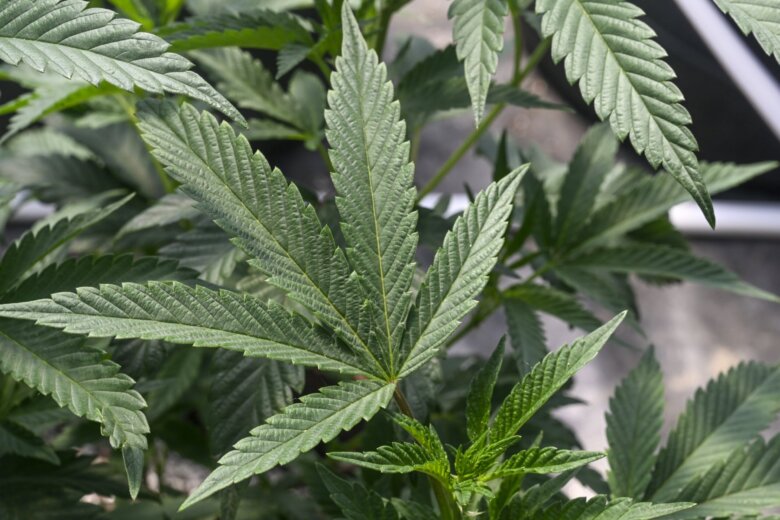
A group of farmers and retailers are suing the state of Maryland over changes to the state’s marijuana laws that took effect earlier this month.
The Maryland Hemp Coalition includes businesses and those who grew what’s known as “industrial hemp” after the federal government allowed the sale and manufacturing of products made from that material.
Industrial hemp is a form of cannabis that’s less potent than the type used for recreational marijuana, which is still illegal at the federal level. Under Maryland law, they’re all treated the same way. On the surface, that’s fine, said Nevin Young, an attorney representing the coalition.
“Except that there’s a severe limitation on the number of licenses available,” Young said. “Those licenses are reserved for certain categories of people. Basically, they’ve been regulated out of business.”
About 100 licenses have been issued for recreational marijuana dispensaries, with another 200 expected in the next year or so.
“Usually when somebody says, ‘I used to sell a product, and now I need a license to sell it,’ your answer would be ‘so, go get a license,'” Young said. “Well, except in this case, they can’t.”
Young argued the preferences given to some over others in the licensing process, including geographic based preferences, are illegal, while the licensing caps are anti-competitive.
“We treat very few other businesses that way. Can you imagine if we said you’re only going to have 100 gas stations in Maryland?,” he asked. “The first 100, they’re all going to be multi multimillionaires, because they’re the only ones who can sell gas.
“No, nobody would tolerate that. And that’s why there’s actually an anti monopoly provision in the Maryland Declaration of Rights,” Young argued.
A statement from the governor’s office said, “Moore has proudly overseen one of the smoothest and quickest recreational cannabis legalization transitions in the country.
“Maryland’s adult-use cannabis market provides continuity of operations for businesses and patients in the medical program while providing new regulations governing health, safety and security for recreational adult use. Opening the market to adult use also will bolster our economy while directly benefiting those who were disproportionately affected by the war on drugs because of the commitment to equity from the Moore-Miller Administration.
“The governor is proud of the state’s continued commitment to create a flourishing economy, establish necessary guardrails, and to create opportunity with a focus on equity and restoration.“
The first hearing on the case will be held in a Hagerstown courtroom on Thursday. Young said he’s hoping a judge will stop the state from enforcing the new regulations on the Hemp businesses that were shut out of the licensing process, while weighing a long-term injunction against the new rules pending a resolution.
Young said lawmakers missed the opportunity to create a two-tiered system for CBD and recreational cannabis products, the way some stores can sell beer, wine, and liquor, while some can only sell beer and wine.
“And so basically now unless you have the license, you had to stop selling these products as of July 1,” he said.









